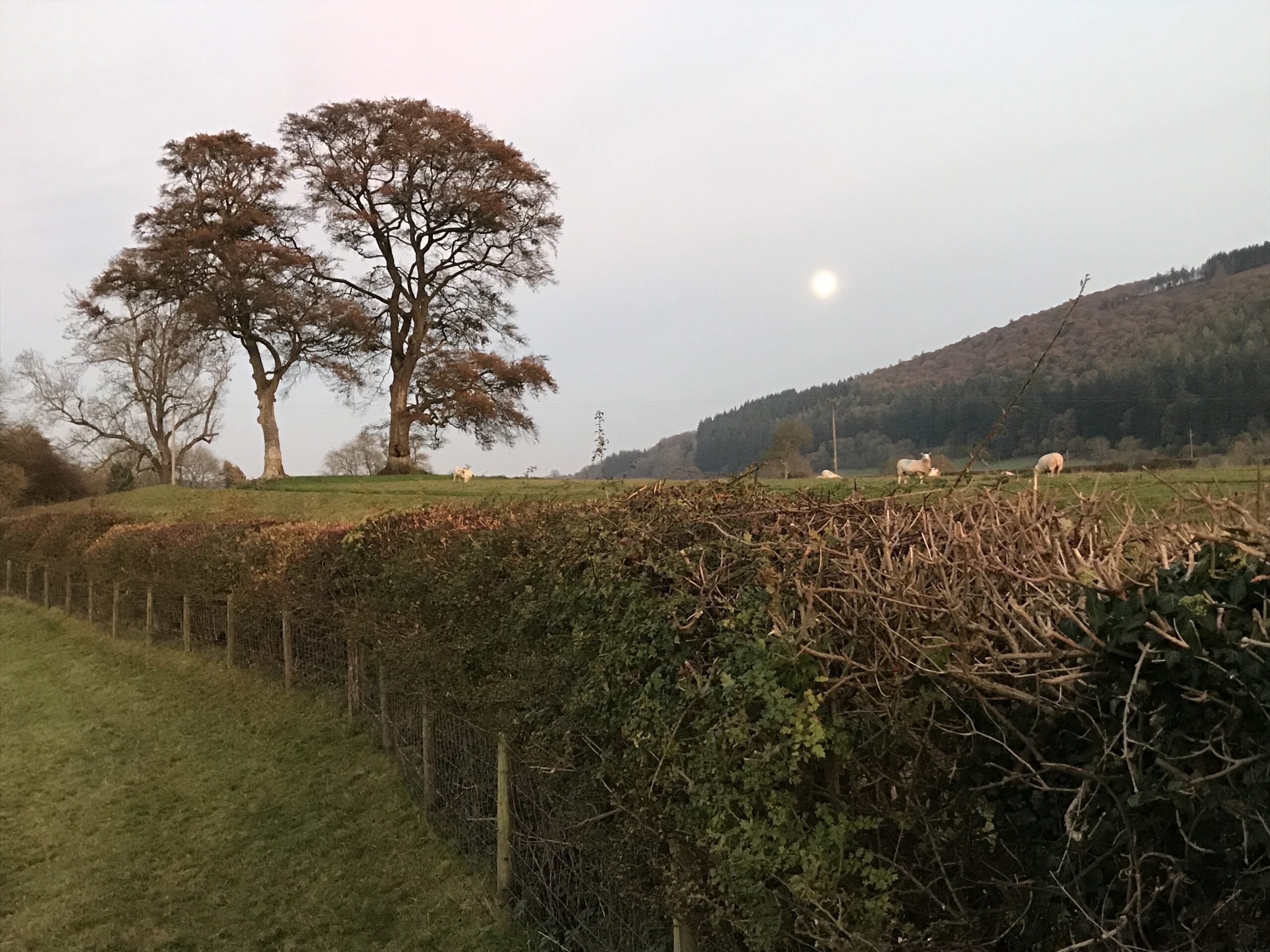
We Light a Candle for Peace
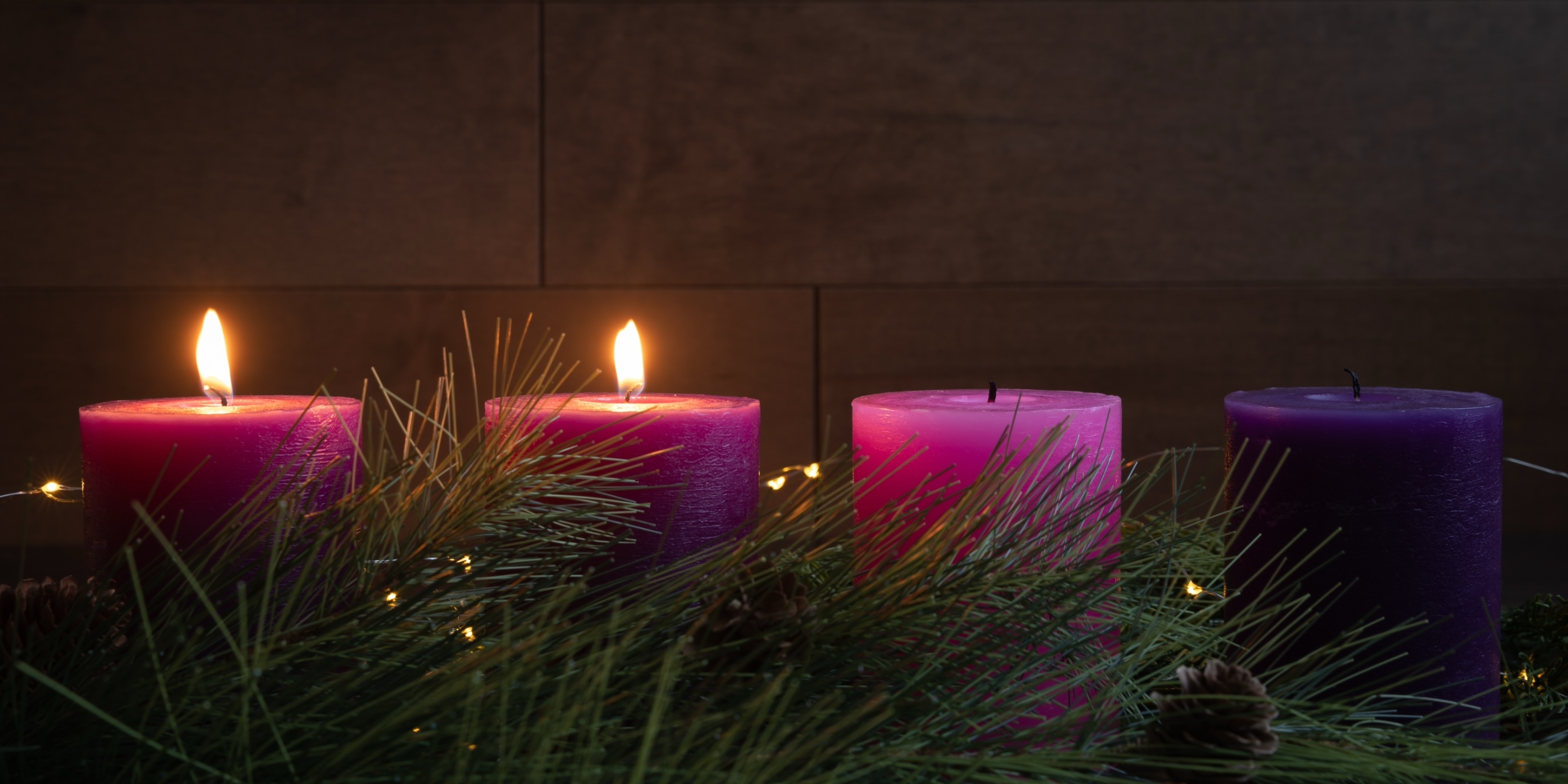
This Week We Light a Candle for Peace
“I heard the bells on Christmas day
Their old familiar carols play,
And wild and sweet the words repeat
Of peace of earth, good will to men.”
Henry W. Longfellow, 1864
A Child is Born, And the Expectations Are On His Shoulders
“For unto us a child is born, unto us a son is given: and the government shall be upon his shoulders: and his name shall be called Wonderful, Counsellor, the mighty God, the everlasting Father, the Prince of Peace.” (John 14:27 KJV)
Jesus was born in the kingdom of Judea, in the region of Palestine, at a time of uneasy and fragile peace. The Jewish King Herod ruled by the grace and favour of the Roman Emperor Caesar Augustus. Herod built his palace on the Mediterranean just a few kilometres north of modern Tel Aviv. He rarely visited Jerusalem, whose governance was left in the hands of the High Priests and various religious sects that vied for dominance.
An able administrator, Augustus decreed a census be taken of every resident in the Empire. This act was seen as an attempt to solidity Imperial power and fed the unrest already festering below the surface.
The scriptures prophesied the birth of a saviour who would lead a rebellion and restore Judea to full independence. Jesus followers saw him as the fulfillment of that prophesy. A literal king who would liberate them from Roman rule and sit on David’s throne.
Jesus refused to take up the cause. That he refused a political role, preached peace, and further prophesied the destruction of the Temple, was used against him in his trial before Herod, and led to his eventual crucifixion at the urging of the religious leaders of the day.
In 66 A.D. unrest would erupt into open rebellion led by Josephus. In retaliation, the Romans would burn the temple in Jerusalem and scatter the Jews to the four corners of the Empire.
After enduring centuries of exile, persecution and attempted extermination, the Jews have finally returned to their traditional homeland. In 1948 the hope of a sovereign Jewish state in Palestine was fulfilled. But peace has proved illusive. Traditional enemies, and those who have been displaced to make this dream a reality, undermine the stability of the new nation.
A friend, who knew I was writing about hope and peace, shared a video of her rabbi’s Yom Kippur sermon. As part of her talk, Rabbi Mandelberg read from a letter written by a Palestinian to an Israeli whose family members were murdered in the slaughter of innocents that has led to the present war. He wrote to express his grief, offer condolences and share his own experiences when, as a child, his brother was killed by Israeli soldiers.
“I was 10 years old then and I wanted vengeance, I was 10 years old then and saw no other choice. It was only 8 years later when I went to study Hebrew in Israel that I realized we can be allies. We can be partners. And I realized I do have a choice. Our stories have never been so far apart as they are now, but there is a narrative in which our stories meet in a different future, a future we are building. A future with a coalition of people like us and people like us all over the world. And if we are brave and brilliant enough, by the year 2030 there will be peace between the river and the sea.”
Although it’s hard to see a path to the future described in this letter, I hope for a time when the prophecy is fulfilled.
A Personal Essay
The expectations placed on Jesus at his birth didn’t pan out the way people hoped. He did not become a conquering hero.
If we judge his life according to his words and actions, he was a pacifist. Refusing to take up arms (except in the rare instance where he drove the money lenders out of the temple for trying to monetize salvation) even in his own defence. “Blessed are the peacemakers” he said.
But conflicts are sticky. Violence is endemic and making and keeping peace turn out to be the hardest things in the world.
In September, I visited the United Nations building in New York. A friend of a friend works there and arranged for a tour (as well as lunch in their rooftop patio with a breathtaking view of the city). I’m not naive about the United Nations. I know that a lot of what goes on there is political theatre. But still, I am in awe that such a forum exists, where leaders from all the nations of the world can come together in the interest of peace and security. I read story after story of the advances that have been made since the organization was born in 1945. It did my heart good.
In October, I facilitated strategic planning sessions with two local hospitals. Integral to the sessions was the involvement of a First Nations healer, who is working with the hospital leadership to imagine a culture where indigenous healing medicine is available alongside traditional medicine in the hospital setting. Although it’s easy to be cynical about the Truth and Reconciliation process, this wasn’t window dressing. It was real talk. Not that long ago such a thing would have been unthinkable. And here I was, a part of and witness to reconciliation in progress.
In November, I spent two weeks writing at a Quaker Meeting House in France. If you ask a Quaker, they will tell you that there are few universally held beliefs among them, except for that contained in the “Peace Testimony” given by Quaker George Fox to King Charles II of England in 1660. “All bloody principles and practices we do utterly deny, with all outward wars, and strife, and fightings with outward weapons, for any end, or under any pretence whatsoever, and this is our testimony to the whole world.” Since their beginning, Quakers have worked for peace, exploring and sharing creative, nonviolent approaches to conflict and alternative approaches to violence.
At the Quaker house, meetings were centred on the practice of silence. Our writing group chose to join them this practice. We were in silence from the time we woke until mid afternoon, except for a half hour craft talk given by our writing teacher in the morning. At 2:30 we shared our writing and offered each other encouragement. Dinner was a social occasion with wonderful French food eaten by candlelight. After dinner we spent another half hour in a circle of silence, then spoke whatever we were moved to share.
In the silence, Quakers are listening for God. Stilling mind and body. Allowing any inner turbulence to settle. Waiting for things to become clear. For discernment about the best way forward.
I didn’t do much writing at the Quaker Meeting House. When the others bent their heads over their notebooks, I bolted. Grabbed my camera and went walkabout through town and countryside. Soaking up beauty. Stopping to frame vignettes and jot down impressions that I later strung together and called prayers. Returning, I sat in silence with the others and opened myself, as well as I could, to discernment.
What happened during the course of a week is that the tension I was holding in my body began to ease, my mind began to clear, my emotions began to settle, my thoughts began to order themselves, discernment about my future path began to arrive. I found myself in a calm yet purposeful state. At peace.
When I was googling around the internet looking for inspiration for this essay, a quote by Jonathan Larson, from the musical Rent, caught my eye. “The opposite of war isn’t peace, it’s creation.” I’ve been batting around the quote like a cat bats a toy, testing it to see if it holds up. I interpret it to mean that war destroys, peace is stasis, and creation is what moves us forward. But all the studies I’ve read show that peace is the ground from which creativity and prosperity spring. Perhaps it is a two way street.
Reflections
What is your current state of inner peace?
How do we go about making peace within ourselves and with each other?
What do you think of the pacifist principles practised by Jesus and the Quakers?
What is the relationship between peace and justice?
What is the relationship between peace and hope?
What do you think of Larson’s quote: “The opposite of war isn’t peace, it’s creation.”?
Intentions
I intend to practice silence as a path to inner peace.
I intend to notice when I feel despair and intentionally shift to a state of possibility.
I intend to listen to the stories of those in conflict with an open mind and heart, instead of shying away because of discomfort.
What are your intentions?
A Blessing
Today I bless you with a sense inner peace, even in the midst of conflict. I bless you with freedom from old hurts and fears that block your ability to see possibilities for a peaceful future. I bless you with the satisfaction of seeing your peacemaking efforts bear fruit. May it be so.

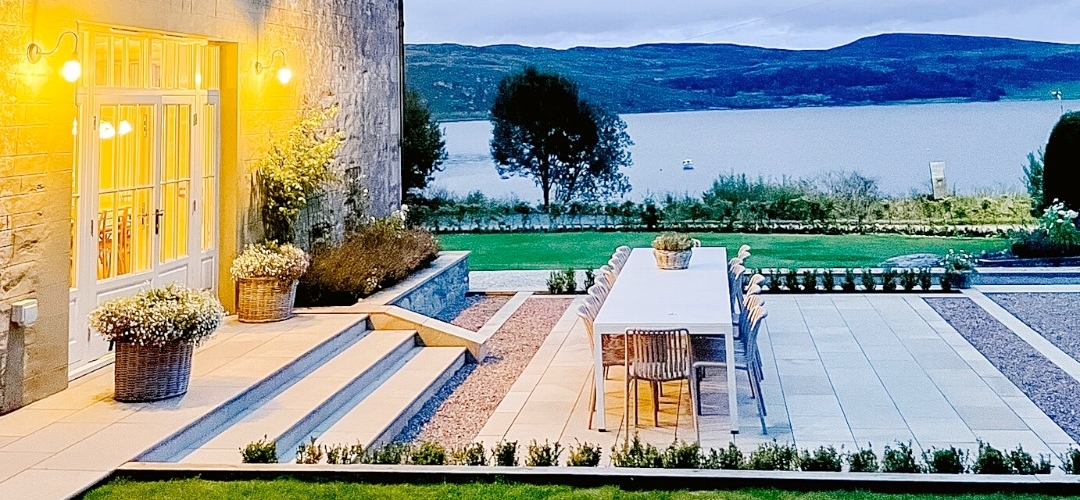
Related Blogs

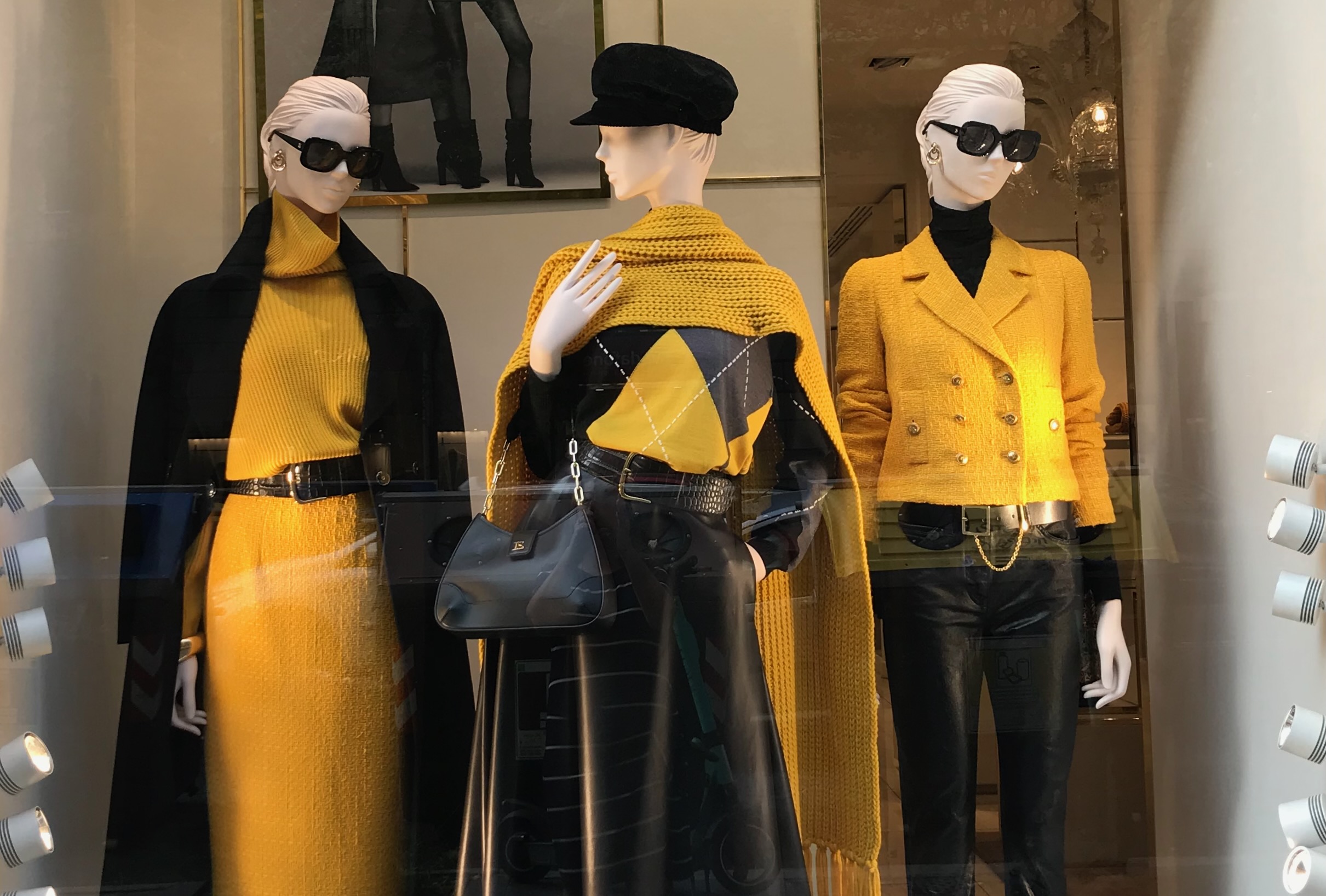
Style and Fit

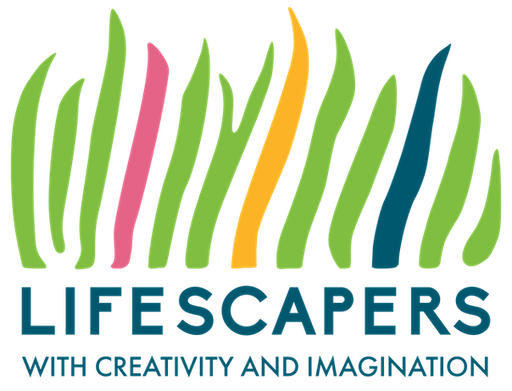
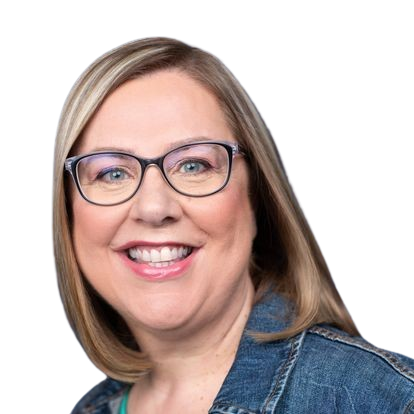
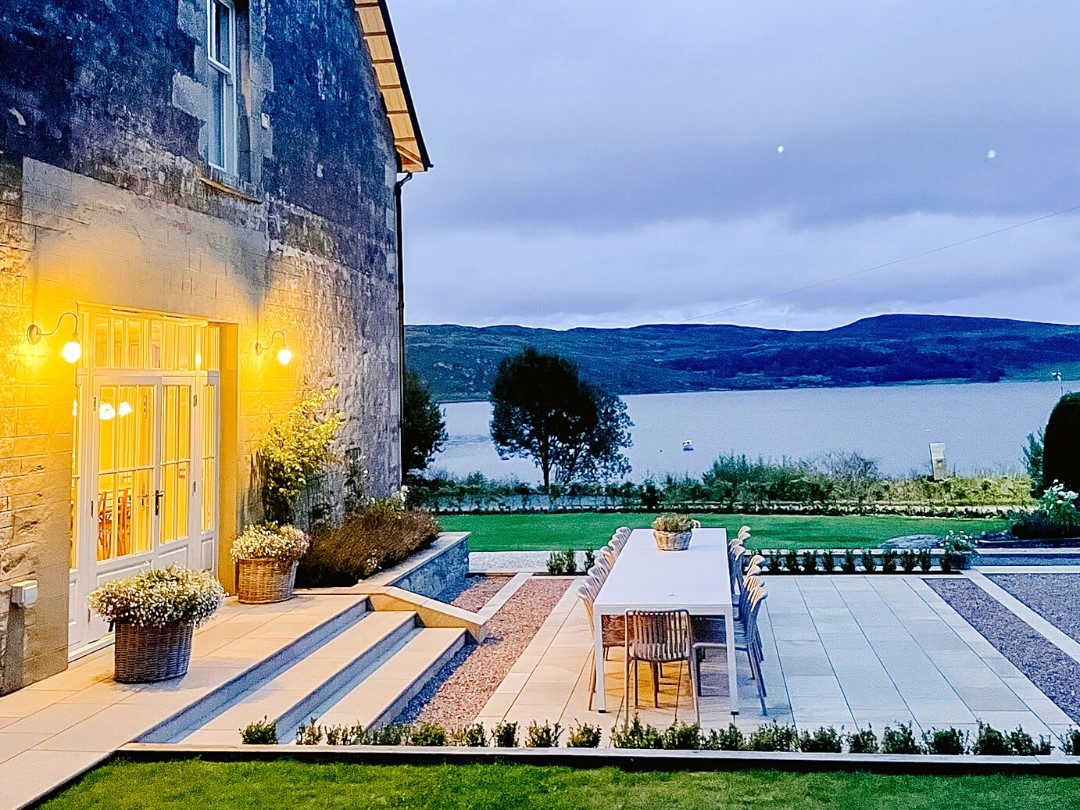
0 Comments